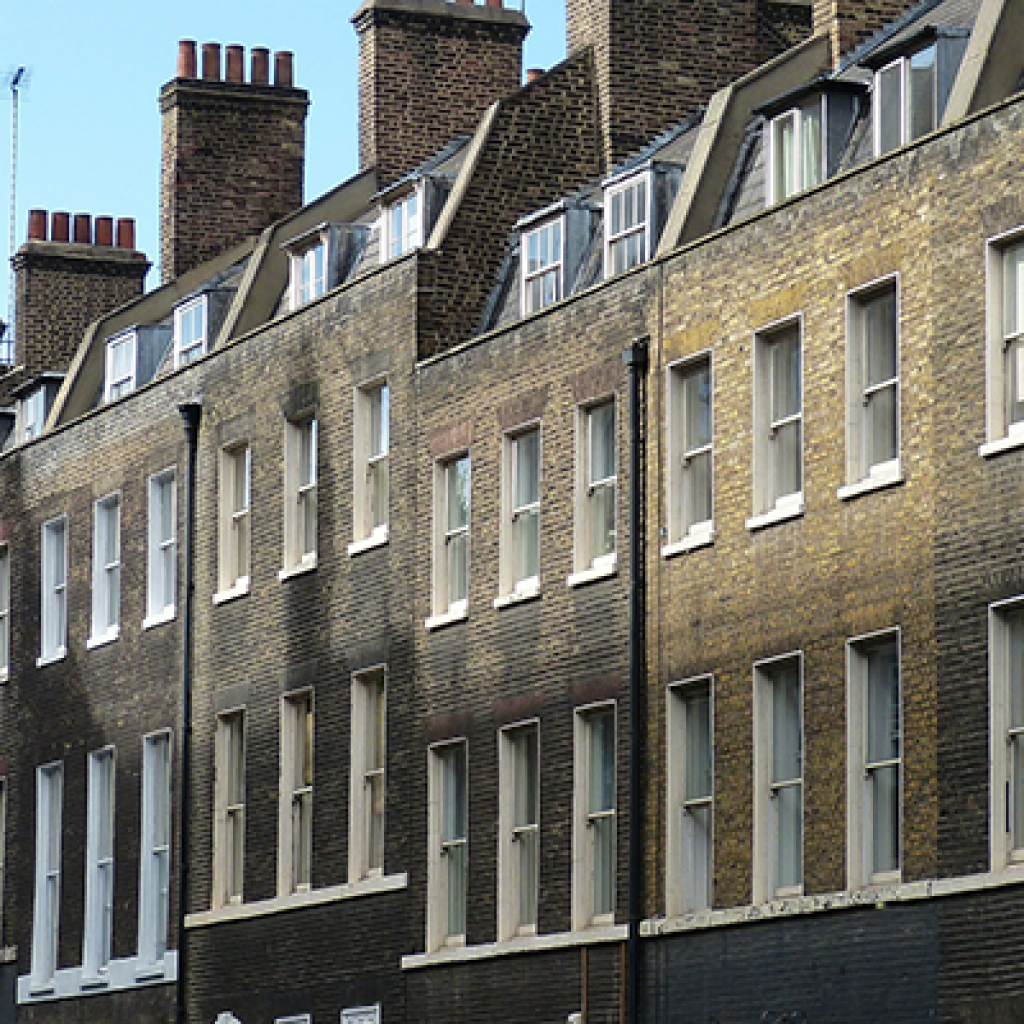A school in Totnes, South Devon was forced to close after contamination was discovered during a large renovation project undertaken over the summer holidays. Contaminated soil and perched groundwater was found during the excavation works to build new classrooms and teaching facilities.
So where did this contamination come from?
Grove School is located at the site of a historic gas works turned gas holder station, noted to have been present from at least c.1889 to the early 1980s.
Historically, gas was manufactured in Britain between 1792 until 1981, when the last gas works is reported to have closed. The process of producing gas is known as coal carbonisation, which involved heating coal in special ovens (retorts) with a limited supply of oxygen at high temperatures to produce coal gas and the by-products coke, tar and ammoniacal liquor. These by-products, whilst being an important source of raw materials for the chemical industry were also highly polluting.
Ammoniacal liquors for example are polluting liquids largely consisting of ammonia (derived from and/or present in ammonium salts such as cyanide, chloride and sulphide), with small quantities of phenol. Coal tar (a brown viscous liquid with a distinctive smell) is a complex mixture of organic compounds and can be highly carcinogenic depending on its components. Coal tars were often disposed of in underground tanks, ponds or lagoons at smaller gas works.
Purification of the produced gas also gave rise to toxic waste products including very acidic, high sulphur oxide. Spent oxide is usually found near to the surface of a site where it was previously dumped.
Site investigations undertaken at Grove School confirmed traces of associated toxic contaminants, including lead, arsenic and benzo(a)pyrene (a highly carcinogenic product of coal tar), across the site as well as at the location of the former gas holder, which was most likely used as a ready-made landfill for waste materials during its deconstruction. The Headteacher at Grove Primary School has confirmed that all “contamination is to be thoroughly cleaned and removed before the children are allowed back”.




















